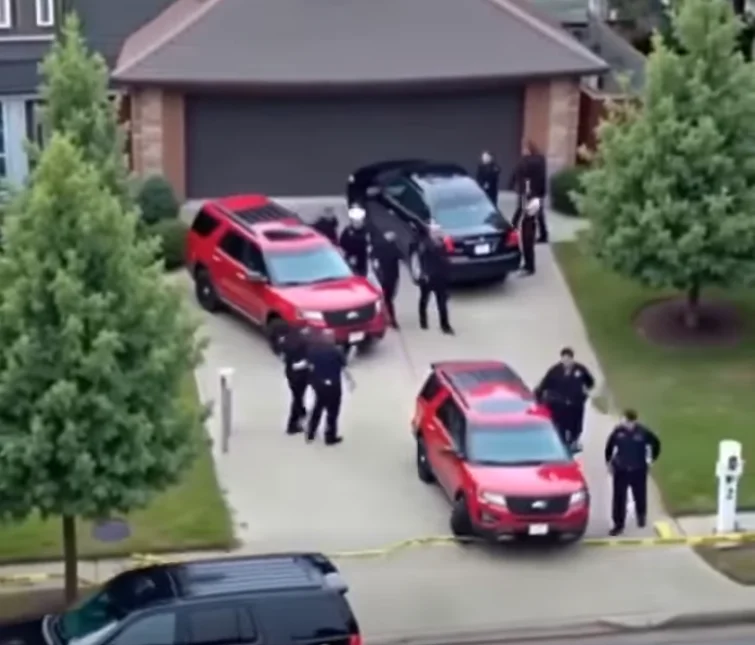Missing Girl Found Alive After Years of Searching
Police have confirmed the discovery of a girl who had been missing since 2022, bringing closure to a case that has weighed heavily on her family and community for years.
Authorities revealed that the girl was located following an extensive investigation and countless searches. Her sudden disappearance had sparked fear and heartbreak among those who never stopped hoping she would one day be found alive.
The Rescue
Early reports confirm that the girl was not only found but also rescued under circumstances still under careful review. While officials have not released full details, they stated that she had endured significant hardship during her absence. Investigators are now working to understand both how she survived and the circumstances surrounding her disappearance.
Relief for the Family
For her family, the discovery brought an overwhelming sense of relief after years of unanswered questions. Relatives expressed deep gratitude to law enforcement, volunteers, and community members who never gave up.
One family member described the reunion as “nothing short of a miracle.” Yet they acknowledged that the emotional toll of her absence — and the challenges of recovery ahead — will take time to heal.
A Community That Never Gave Up
The case united neighbors, volunteers, and supporters across the region, all of whom played a role in keeping the search alive. Vigils, fundraisers, and awareness campaigns reflected a community unwilling to let her memory fade.
Now, as investigators continue their work, the focus shifts to ensuring her safety, recovery, and well-being in the days ahead.
Final Reflection
The return of the young girl stands as a powerful reminder of resilience — both of the human spirit and of the communities that refuse to surrender hope. For her family, the nightmare of uncertainty has finally given way to relief, and the long journey of healing can begin.
